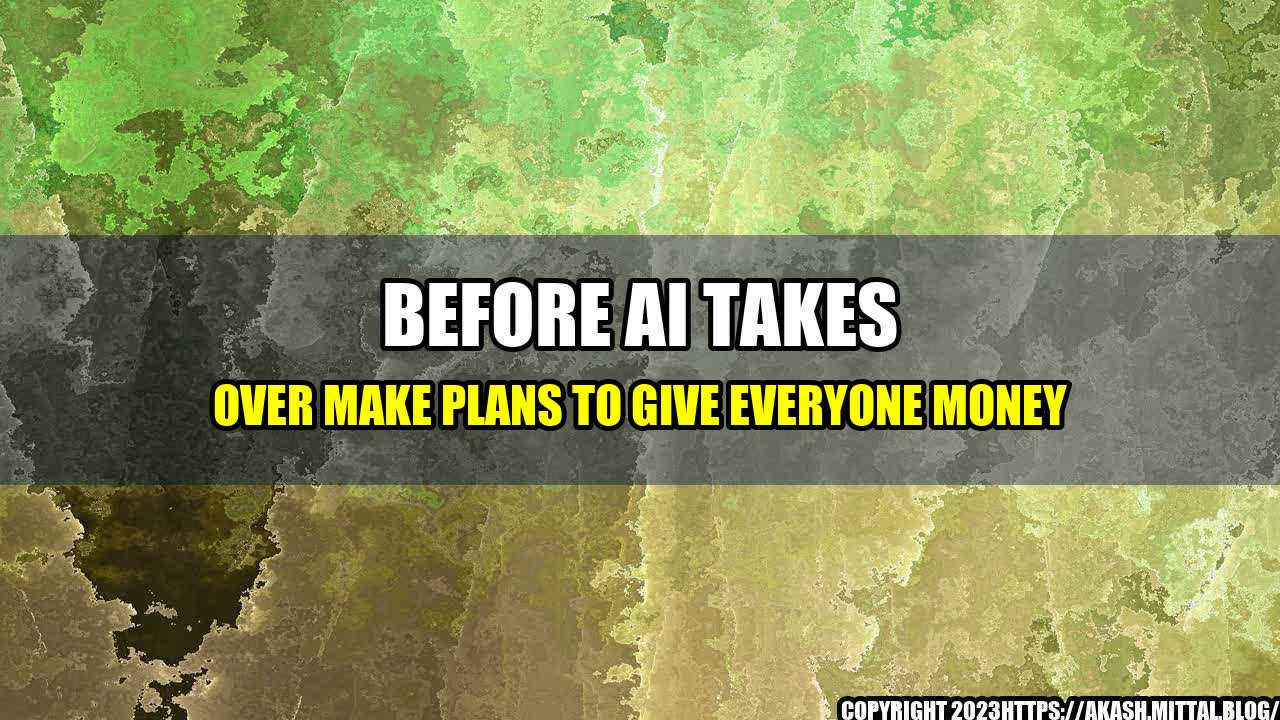It was 7am on a Monday morning and Jane was getting ready for work. As she watched the news, she learned that her job was going to be automated in the next few months. Her heart sunk. This was her livelihood and she had no idea what she was going to do.
Jane's situation is becoming increasingly common as automation and advancements in artificial intelligence threaten job security. Traditional solutions such as retraining or finding another job in a different field are becoming less viable as the pace of automation accelerates.
Universal Basic Income (UBI) is a possible solution that is gaining traction. Essentially, UBI is a regular payment made by the government to all citizens, regardless of their employment status. This would provide a safety net for those who are displaced by automation and would also stimulate consumption and boost the economy.
Several places around the world have already implemented UBI programs with positive results. In 2017, the province of Ontario in Canada began a pilot program that provided a basic income to 4,000 people who were living in poverty. The program was cancelled after 15 months due to a change in government, but the results showed promising signs. Participants reported higher levels of mental and physical health, greater financial stability, and increased spending on food and housing.
Another example is in the city of Stockton, California, which started a UBI pilot program in 2019. The program provided $500 a month to 125 residents for 18 months. The program aimed to assist those who were struggling to make ends meet and to measure the impact of cash assistance on economic security. Initial results showed that participants spent the money on basic needs such as food, utilities, and car repairs.
Eye Catching Title
The title of this article is deliberately eye-catching to draw attention to the issue and highlight the urgency of planning for a future where AI and automation become even more prevalent. Without proper planning, many people like Jane will be left without a safety net and the economy will suffer as well.
- AI and automation are becoming more prevalent and threatening job security
- Traditional solutions such as retraining or finding another job in a different field are becoming less viable
- Universal Basic Income is a possible solution that provides a safety net for those who are displaced by automation and stimulates the economy
and Case Studies
As someone who has personally experienced job insecurity due to automation, I can attest to the importance of UBI as a safety net. After being laid off from my job at a factory, I struggled to find work in my field and had to take a job with lower pay and fewer benefits. If UBI had been available, it would have provided some peace of mind and allowed me to focus on finding a better job.
Case studies have also shown the benefits of UBI for economic stability. In Namibia, a UBI pilot program was implemented in 2008 that provided a basic income to everyone in a rural village. The results showed that the program boosted economic activity and reduced poverty. In addition, recipients reported better health and education outcomes.
Practical Tips
If you are interested in supporting the idea of UBI, there are several practical steps you can take:
- Research and educate yourself about UBI and its potential benefits
- Contact your elected officials and urge them to support UBI programs or pilot programs
- Donate to organizations that support UBI advocacy and research
References and Hashtags
References:
Hashtags: #UBI #automation #AI #jobsecurity #economicsecurity
Category: Economics

Curated by Team Akash.Mittal.Blog
Share on Twitter Share on LinkedIn